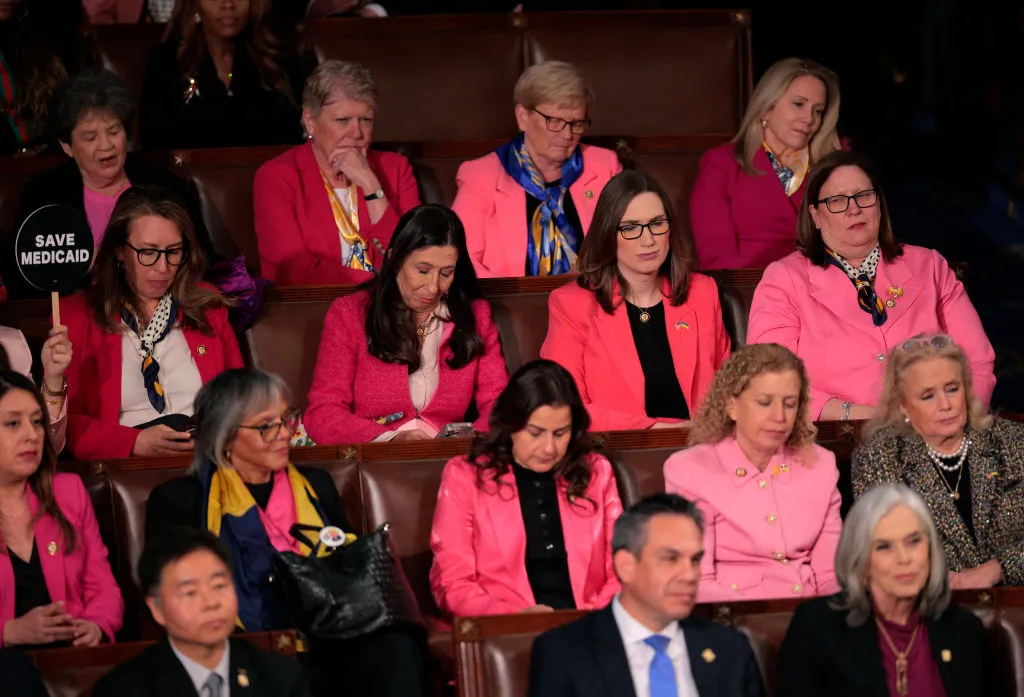Maybe we should thank the Alabama Supreme Court for its bizarre ruling that frozen embryos are children protected by state law. The decision, which seemed absurd to many people on its face, shone a needed spotlight on the concept of “fetal personhood.” It highlighted the danger that view poses not just to what remains of abortion rights in the United States but also to the modern technology that helps people build families. And — fingers crossed — the appalled reaction to the ruling might help thwart efforts to go even further than the Supreme Court already has in limiting reproductive freedom.
The campaign for “fetal personhood” began more than a half-century ago. In Roe v. Wade, the state of Texas, whose abortion ban was being challenged, argued that the fetus is entitled to protection under the 14th Amendment, which prohibits denying any “person” due process or equal protection of the law. The Supreme Court rejected that argument, but securing constitutional protection for “fetal personhood” became the preferred mechanism among abortion foes for undoing the newly declared right to abortion. Just eight days after Roe was decided in 1973, the first Human Life Amendment to the Constitution was introduced in Congress; it became a standard plank in the Republican Party platform.

Now, Roe is gone, but the campaign for fetal personhood has taken on a new role: to extend abortion prohibitions far beyond where they were left with the court’s 2022 ruling in Dobbs v. Jackson Women’s Health Organization. While some political factions that sought to roll back Roe seem content with the law reverting to a patchwork of state-granted rights, committed anti-abortion advocates are seeking a nationwide ban, and they see claims of fetal personhood as one of the most straightforward and effective paths toward achieving that goal.
Notably, the Dobbs majority ignored a plea from the leading academic advocates of “fetal personhood” to go beyond overruling Roe and declare that the 14th Amendment protects fetal life. In a friend-of-the-court brief, professors John M. Finnis and Robert P. George argued that “unborn children are persons within the original public meaning” of the 14th Amendment, meaning that “state homicide laws would need to forbid elective abortion.” (Another amicus brief, filed on behalf of a former frozen embryo implanted in adoptive parents, went even further, arguing that abortion had to be banned because, with the advent of IVF, “viability outside the womb occurs at fertilization.”)
The five-justice majority opinion, by Justice Samuel A. Alito Jr., disclaimed “any view about if and when prenatal life is entitled to any of the rights enjoyed after birth.” Still, it repeatedly referred to situations involving an “unborn child.” Some abortion rights advocates have read this language as an invitation to develop fetal personhood arguments. “Now that the Pandora’s box of fetal personhood has been opened, and the Supreme Court has sown the seeds for a constitutional right to life for fetuses, it is time to reckon with the full ramifications of fetal legal personhood,” the group Pregnancy Justice warned.









Tina Ngo • Apr 8, 2024 at 11:04 am
This has been such a heavy topic for so long, thank you for informing this to the public. I felt as if this remained unbiased with very little opinion which is great for this specific topic. You were extremely well-informed.